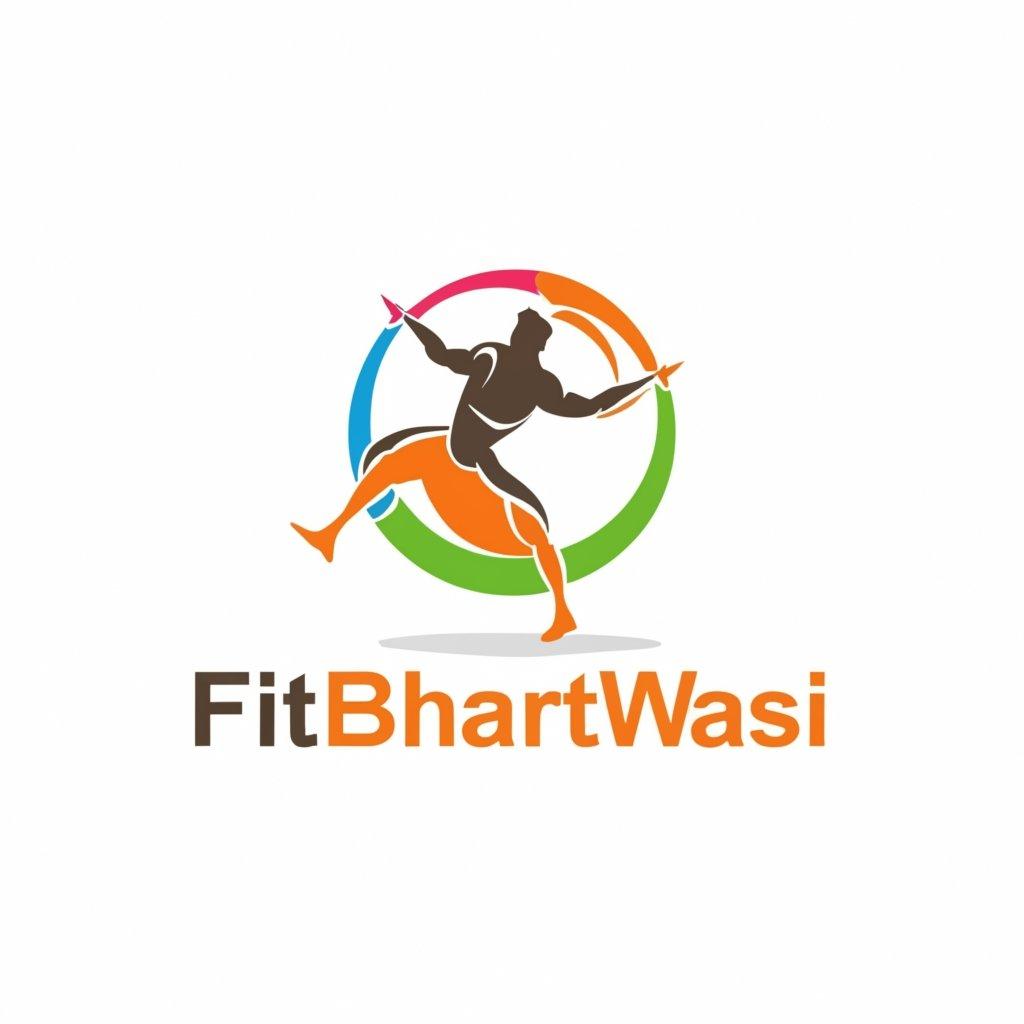Why Offline Personal Training Is The Best?
Offline personal training refers to in-person, one-on-one training sessions with a personal trainer, usually at a gym, fitness center, or even in your own home. These sessions offer more direct interaction and personalized attention than online or remote coaching. Here are the services and benefits provided by offline personal training

Personalized Workout Plans
Custom Workouts: Trainers design workout routines specifically tailored to your goals (e.g., weight loss, muscle gain, strength improvement, flexibility).
Adaptation to Fitness Level: Workouts are adjusted based on your current fitness level, progressing as you improve.
Specific Training Goals: Whether it's sports performance, bodybuilding, injury recovery, or general fitness, the plan is designed to meet your unique needs.
Fitness Assessment and Monitoring
Initial Fitness Assessment: At the start of training, trainers assess your body composition (body fat, muscle mass), fitness level (strength, endurance, flexibility), and health history.
Regular Progress Tracking: Trainers continuously monitor your progress through assessments, tracking improvements in strength, weight, measurements, and overall fitness.
Adjustments to Programs: Based on your progress, the trainer updates or modifies your workout plan to ensure continuous improvements.
Correct Form & Technique: Personal trainers work directly with you to ensure you're performing exercises with correct form, minimizing the risk of injury and maximizing effectiveness.






